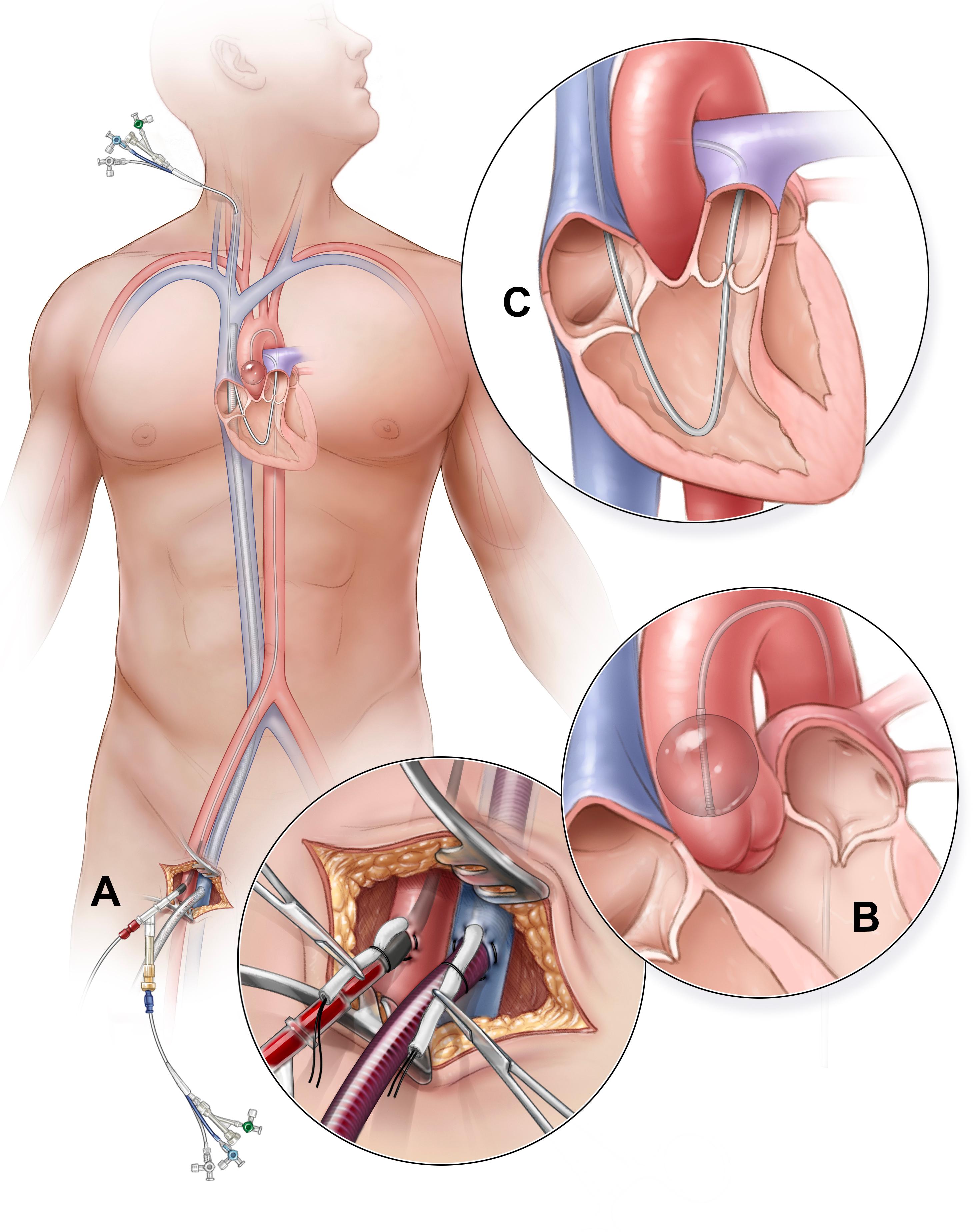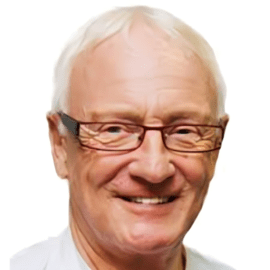
Minimally invasive heart surgery (also called keyhole surgery) is performed through small incisions, using specialized surgical instruments. The incision used for minimally invasive heart surgery is about 3 to 4 inches instead of the 6- to 8-inch incision required for traditional surgery. The benefits of minimally invasive techniques include:
- Small incisions
- Small scars
- Shorter hospital stay after surgery: The average stay is 3 to 5 days after minimally invasive surgery, while the average stay after traditional heart surgery is 7 to 10 days
- Low risk of infection
- Low risk of bleeding and blood transfusion
- Shorter recovery time and faster return to normal activities/work - 1-4 weeks
Minimally invasive heart surgery is a safe and broadly applicable technique for performing a wide range of complex heart procedures, including single or multiple heart valve procedures, bypass surgery, congenital heart repairs.
- Mitral Valve Repair and Replacement
- Aortic Valve Replacement
- Atrial Septal Defects
- Coronary Artery Bypass
In minimally invasive heart surgery, the cardiac surgeon performs the surgery through small incisions in the right side of your chest, as an alternative to open heart surgery. Surgeons operate between the ribs and don't split the breastbone (sternotomy), which results in less pain and a quicker recovery for most people. In minimally invasive surgery, your heart surgeon has a better view of some parts of your heart than in open heart surgery. As in open surgery, minimally invasive heart surgery requires stopping your heart temporarily and diverting blood flow from your heart using a heart-lung machine.
- Improving your quality of life
- Allowing you to resume a more active lifestyle
- Improving the pumping action of your heart if it has been damaged by a heart attack
- Lowering the risk of a heart attack (in some patients, such as those who have diabetes)
- Improving your chance of survival
BestHeartSurgery is a comprehensive information portal that gives both the common man and medical professionals.

